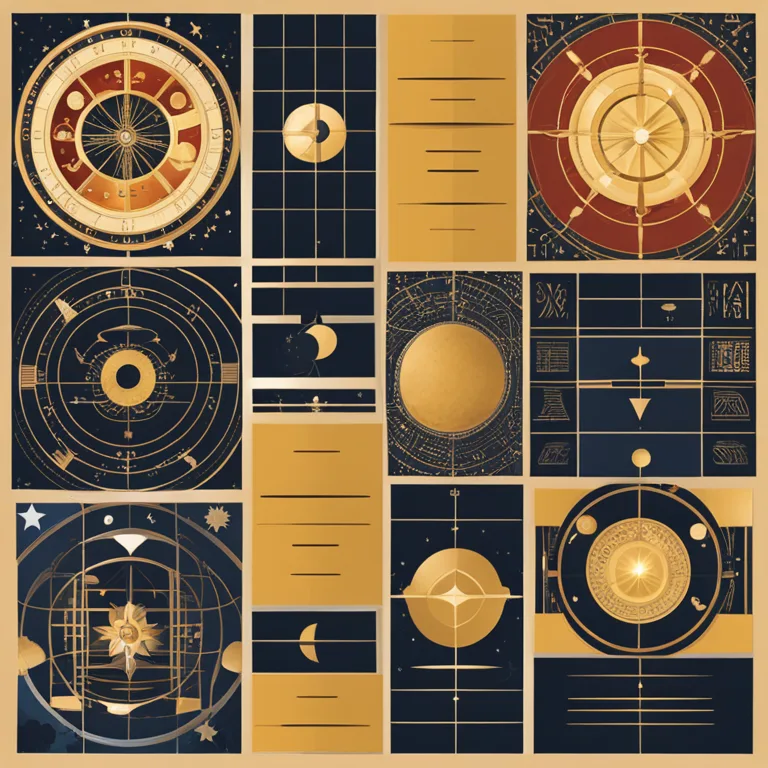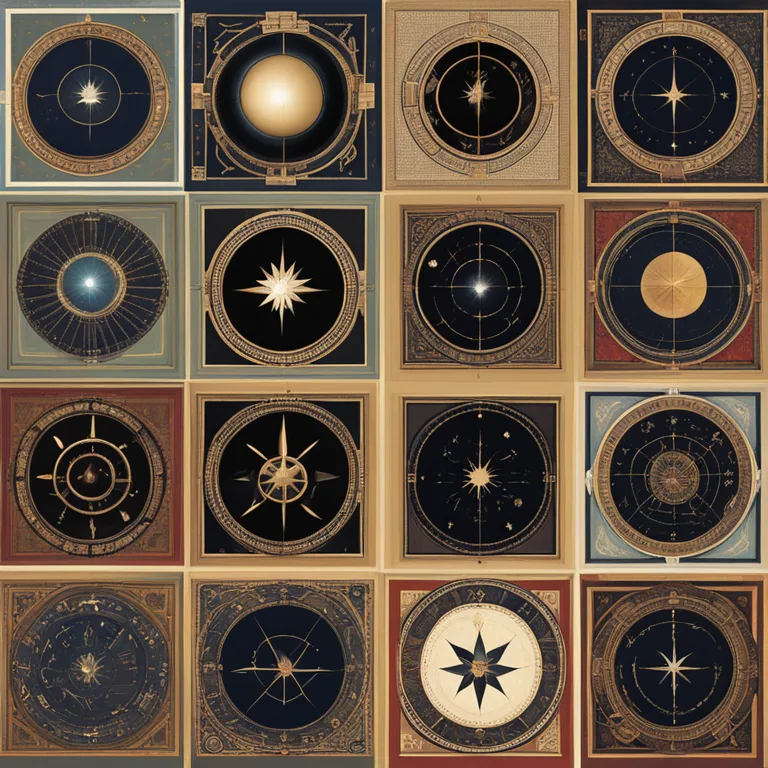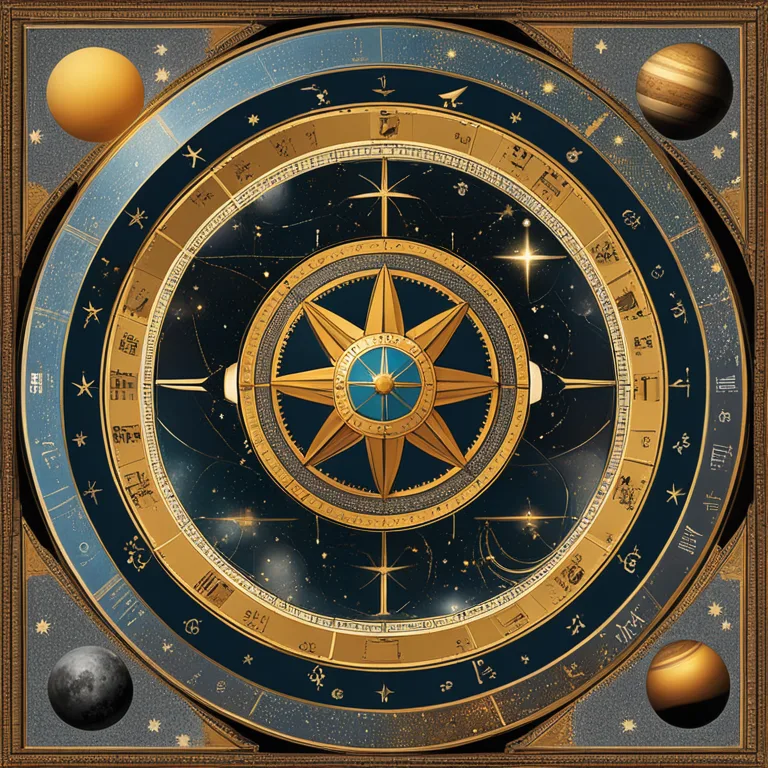
Astrology: Can It Predict Lifespan?
Does the cosmic dance of planets hold the secret to our lifespan? Delve into the astrological perspective on the mysteries of life duration.
article by Priya Deshmukh
Astrological Perspectives on Lifespan
Astrology has long been a source of guidance for those seeking insight into their lives, personalities, and futures. But can it also shed light on the duration of one's life? This idea springs from ancient astrological theories that propose the positioning of celestial bodies at the time of birth influences an individual's journey, including their longevity. Despite such claims, modern astrology primarily focuses on the quality of life and personal growth rather than finite predictions of lifespan. In this article, we examine if and how astrology might touch upon life’s length from a contemporary standpoint.

Planetary Influences and Lifespan
Historically, some astrologers believed that certain planetary alignments could indicate significant life events and transitions. For example, Saturn's 29.5-year orbit is thought to mark important life milestones. However, correlating these transits with life expectancy is not a widespread practice among contemporary astrologers. Instead, they rather interpret such movements as phases of challenges, maturation, or change. Although the idea that Saturn's return influences longevity lingers, it lacks empirical support and remains speculative within the astrological community.

Modern Astrology and Prediction Ethics
Modern astrology is anchored in psychological and spiritual facets, steering away from deterministic predictions, particularly those relating to death. Ethical astrologers avoid making definitive statements about someone's life span due to the sensitivity and uncertainty surrounding such predictions. Today's practitioners focus on empowering individuals with insights to navigate life's complexities with awareness and intention, emphasizing personal agency over fate.

The Limits of Astrological Forecasts
While the intriguing patterns of astrology offer a rich tapestry of information, the consensus among contemporary astrologers is that concrete predictions about the length of one's life are both impractical and unreliable. Astrology is viewed as a symbolic language, and its true power lies in providing symbolic guidance and reflection rather than rigid forecasts. Instead of seeking definite answers about longevity, individuals may find greater value in understanding astrological phases as opportunities for growth and transformation that can enrich their life journey, regardless of its duration.

Biorhythms and Life Quality in 2024
As we cast our gaze towards 2024, the intersection of astrology with biorhythms becomes an avenue for enhancing life quality. Biorhythms are said to chart the cycles of physical, emotional, and intellectual energies. By understanding these patterns, individuals might optimize their well-being and harmonize with the natural ebb and flow of life's energies. Although biorhythms aren't directly linked to predicting lifespan, they can contribute to a more attuned and potentially healthier existence.
Navigating Uncertainty with Astrology
Looking ahead into 2024 and beyond, people continue to seek direction from the stars during uncertain times. Astrology provides solace and guidance by framing life events within a larger cosmic context. It teaches resilience in the face of change and fosters acceptance of life's natural cycles, including its beginning and end. Rather than presenting astrology as a crystal ball for longevity, we can use it to embrace the mystery of life, which includes accepting the unknown span of our existence.
Published: 12/29/2023
Modified: 1/3/2024
More predictions
Come back here soon to learn more about yourself and your future


The Significance Of Your Moon Sign In Astrology
Delve into the significance of your Moon Sign and how it shapes your emotional landscape and inner self in astrology.


The Influence of The Moon Sign in Astrology
Discover the role and impact of your Moon Sign in astrology, offering insights into your emotional inner world and intuition.


The Significance of Your Moon Sign in Astrology
Discover how your Moon Sign influences your emotions, instincts, and inner self in the realm of astrology.